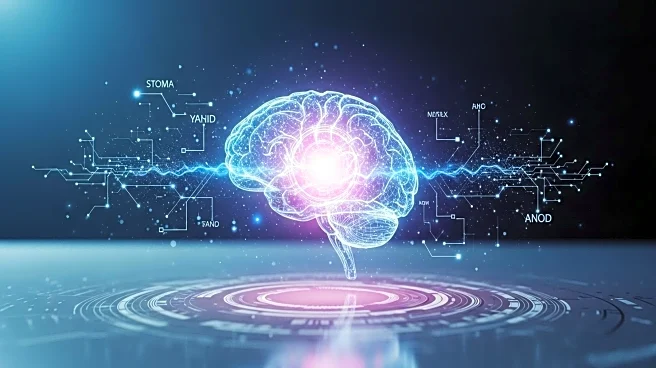What is the story about?
What's Happening?
As AI technology continues to advance, businesses are facing challenges in workforce development. A recent analysis highlights the trend of companies reducing new graduate hiring due to AI adoption, leading to higher unemployment rates among recent college graduates. The analysis criticizes this approach, suggesting it undermines the development of a future-ready workforce. It emphasizes the need for reskilling and reinventing roles within an AI-native enterprise, advocating for career pathways that integrate AI adoption and human skills.
Why It's Important?
The shift towards AI-driven operations poses significant implications for the labor market and talent development strategies. By neglecting to invest in young talent, companies risk losing their identity and becoming overly reliant on AI. This could lead to a lack of innovation and a disconnect between employee and customer experiences. The analysis calls for a reevaluation of talent development strategies to ensure that human skills complement AI capabilities, ultimately fostering a more dynamic and adaptable workforce.
What's Next?
Organizations are encouraged to develop hybrid roles that combine human and AI capabilities, creating more fluid career pathways. This involves rethinking employee experience and ensuring that AI tools are intuitive and supportive of human roles. Companies are also urged to foster a culture of experimentation and establish clear governance structures for AI-informed decisions. By doing so, businesses can attract and retain top talent while navigating the complexities of AI integration.
















